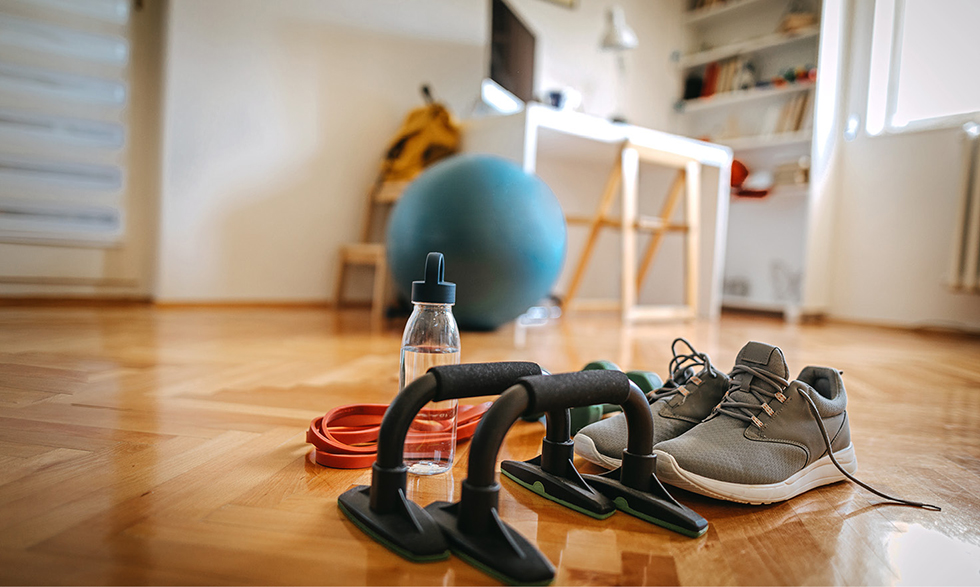
Last updated on November 22nd, 2024 at 05:13 pm
Have you ever wondered why some people enjoy exercise while others find it unbearable? New research hints at a surprising connection: the gut microbiome! You read that right—the trillions of tiny organisms, or microbes, that live in our digestive system may play a role in whether we feel like exercising.
We know that the bacteria in our guts are important for our digestion and overall health. Recent research suggests that our guts also communicate with our brains. This “gut-brain axis” is linked to mood, stress, and maybe even our motivation to exercise.
Mice, microbes, and motivation
How exactly might gut microbes influence our motivation to exercise? To answer that question, NIH-funded researchers studied exercise performance in mice. They found that mice ran less on their exercise wheel when they had depleted gut microbiomes (meaning fewer microbes). They also got tired faster. This suggests these microbes might have a say in how much the mice wanted to exercise…and how much exercise they were physically able to tolerate.
Exercise increases dopamine, a brain chemical associated with pleasure, motivation, and reward (if you’ve ever experienced a “runner’s high,” that’s because of dopamine). As expected, exercise increased dopamine in the mice with healthy gut microbiomes, which motivated them to keep moving. But this increase in dopamine didn’t happen when the mice’s microbiomes were depleted.
The gut talks to the brain
Digging deeper, the researchers learned that bacteria in the gut produce a certain chemical that communicates with the brain. During exercise, these chemicals tell the brain to release more dopamine. The extra dopamine makes exercise feel more rewarding and energizing. When this communication pathway was interrupted, the mice lost their motivation to move.
What does this mean for human health?
It’s hard to say for sure. While motivation is important, there’s more to the story for people than for these furry research subjects. This research happened in a controlled setting to allow researchers to isolate the effects of gut bacteria. Our lives are more complex, and scientists are still exploring how our gut bacteria might influence our exercise choices.
We’ll need more research to understand the relationship between our own gut microbes and why, when, and how we choose to move our bodies. But if it does work the same for humans, we could find new ways to make getting active more enjoyable, rewarding, and achievable for everyone.
